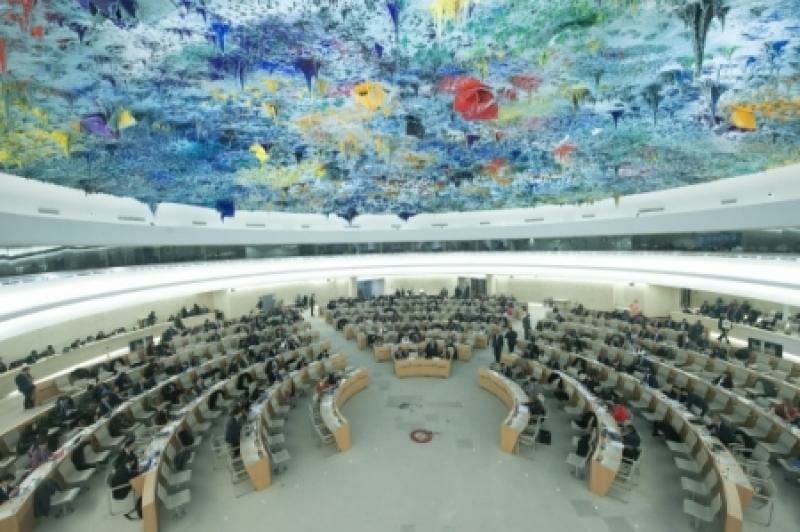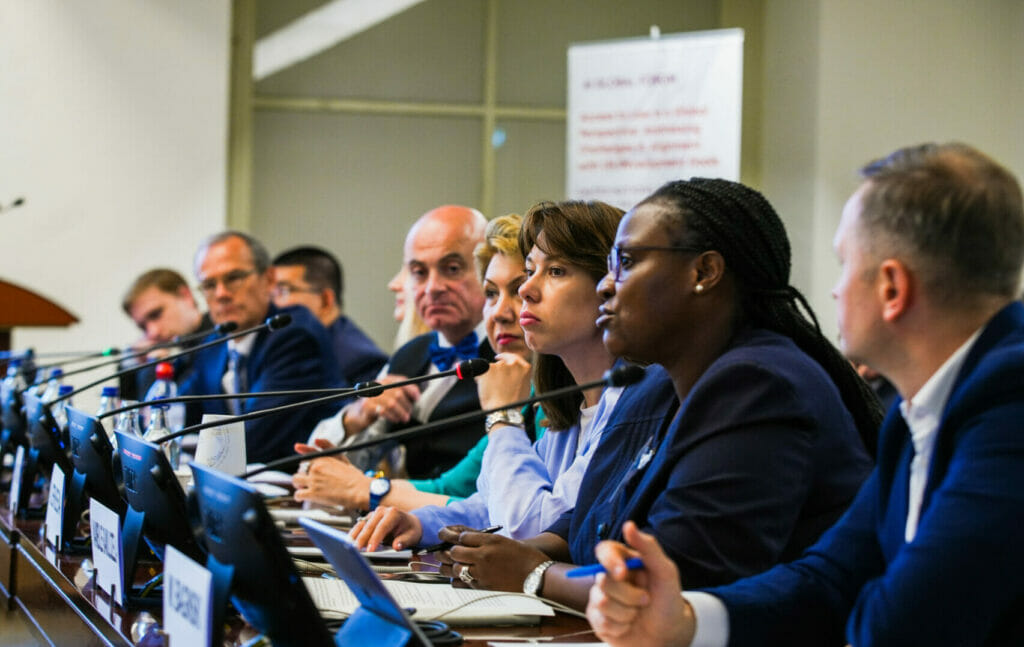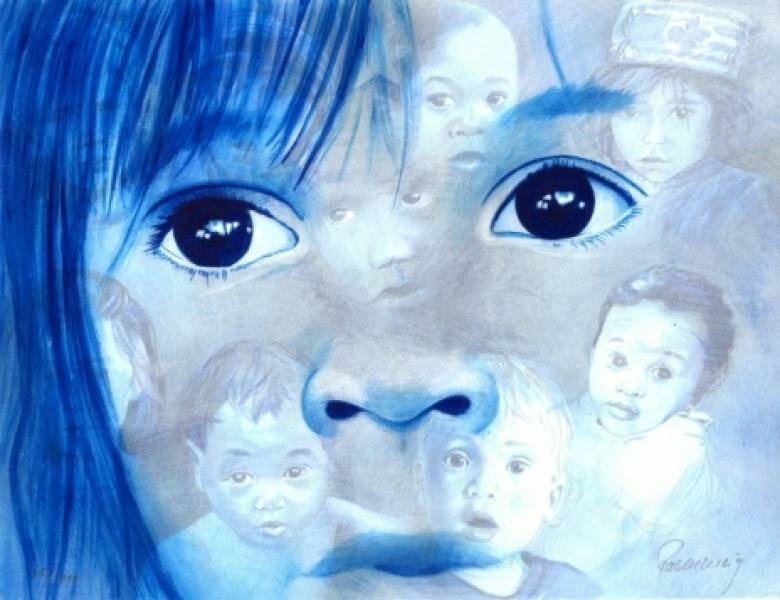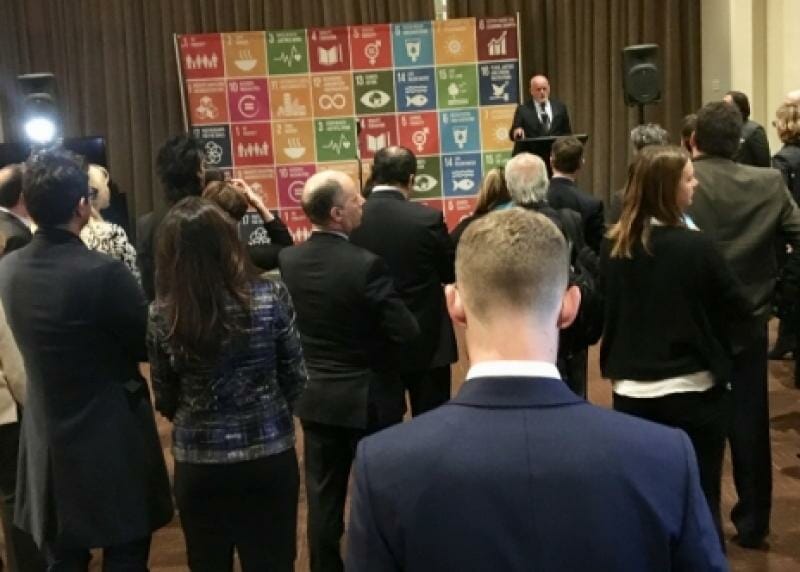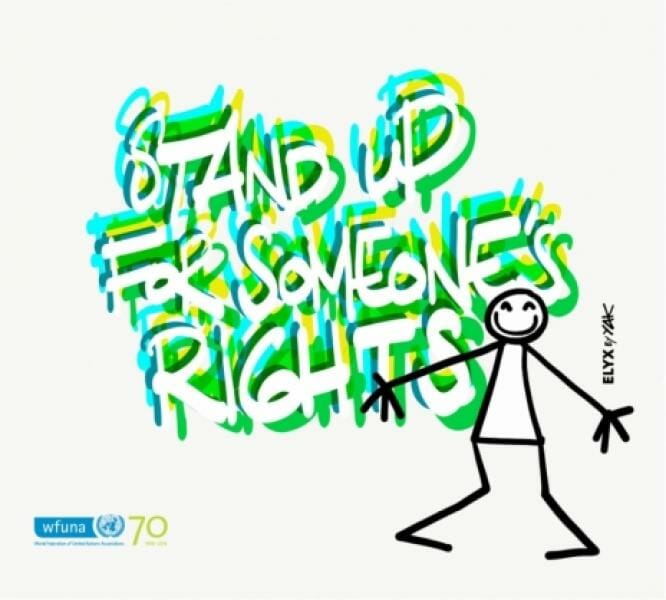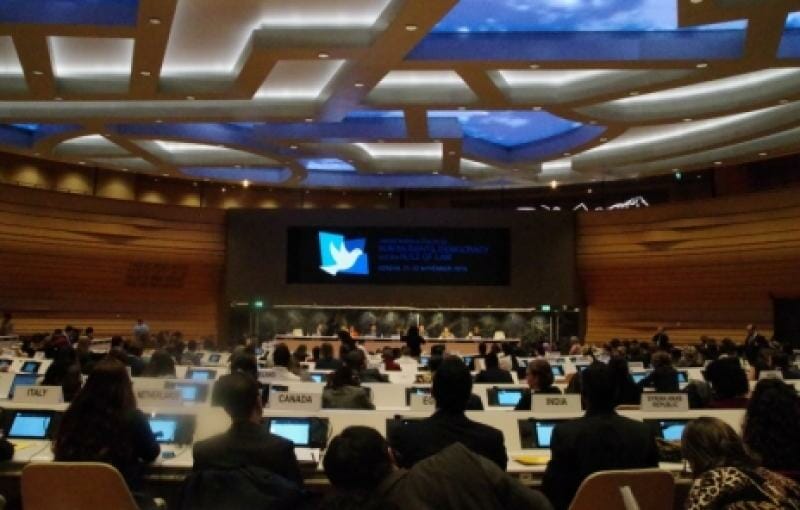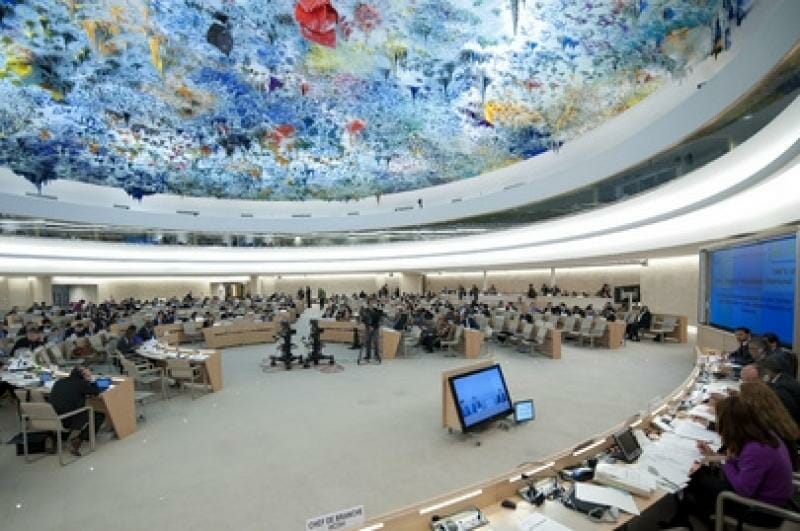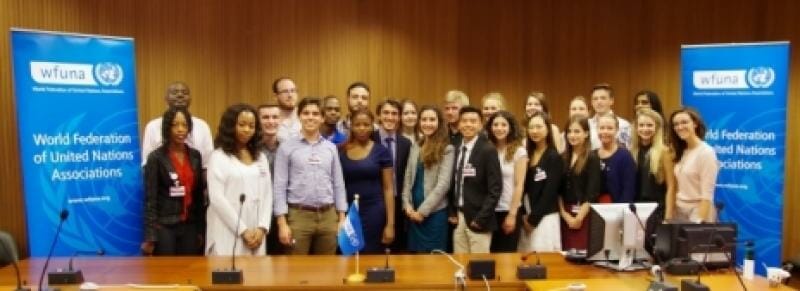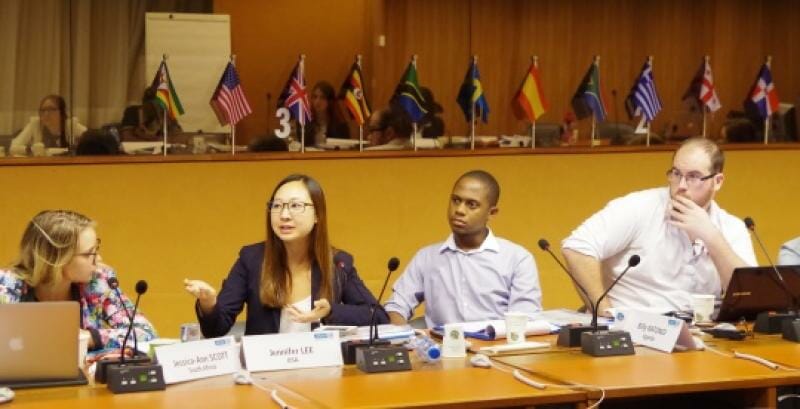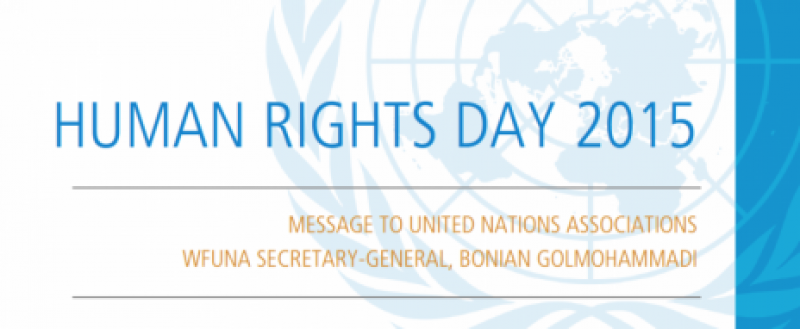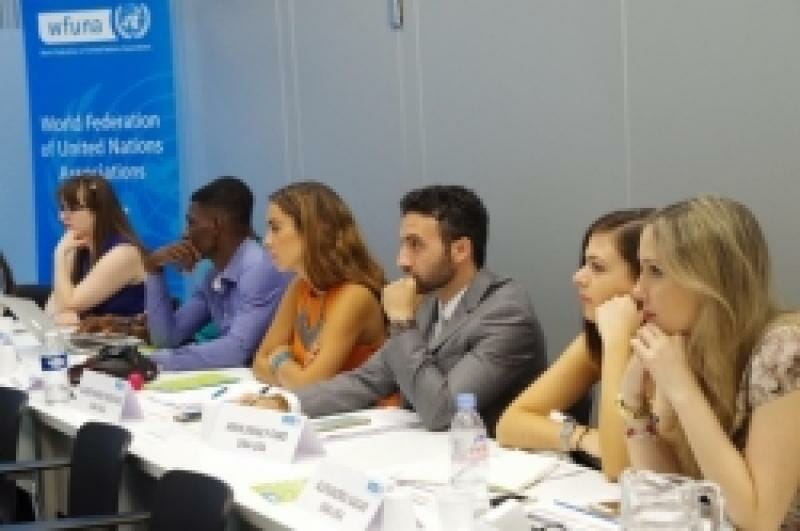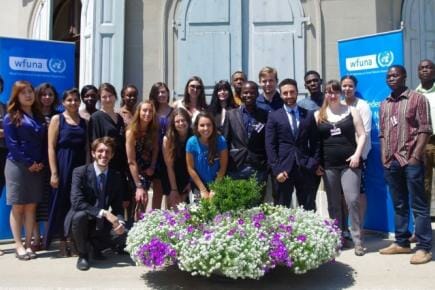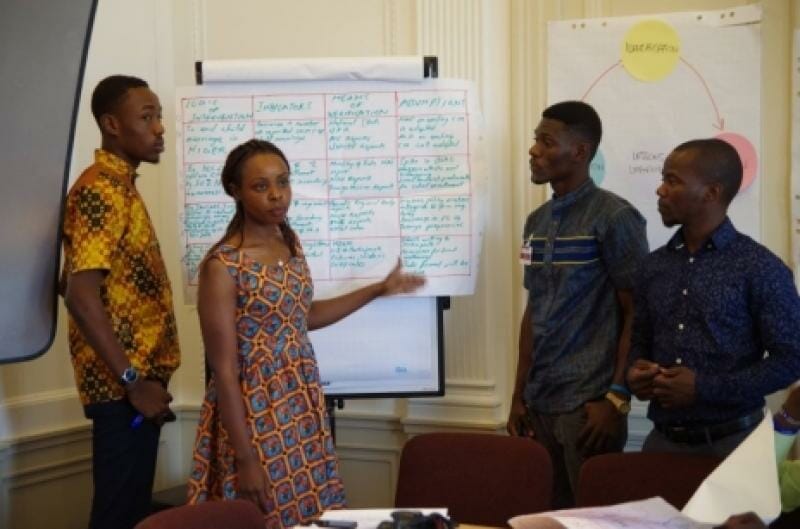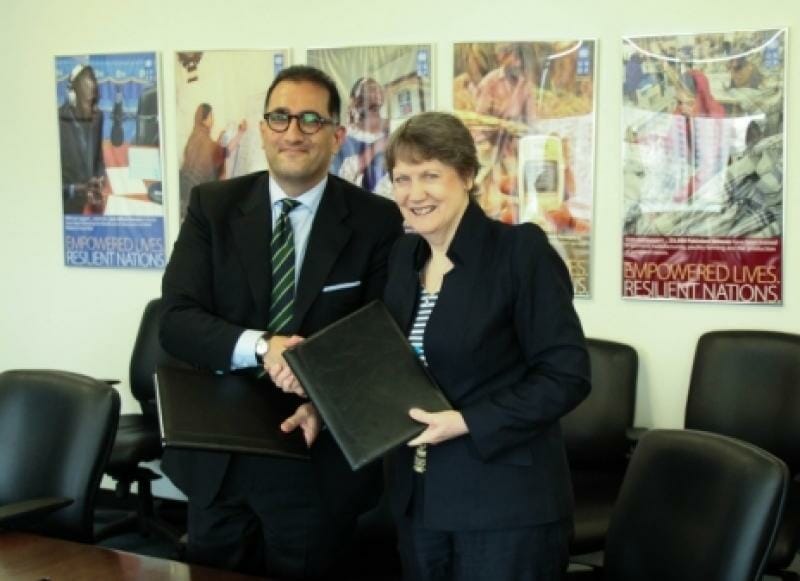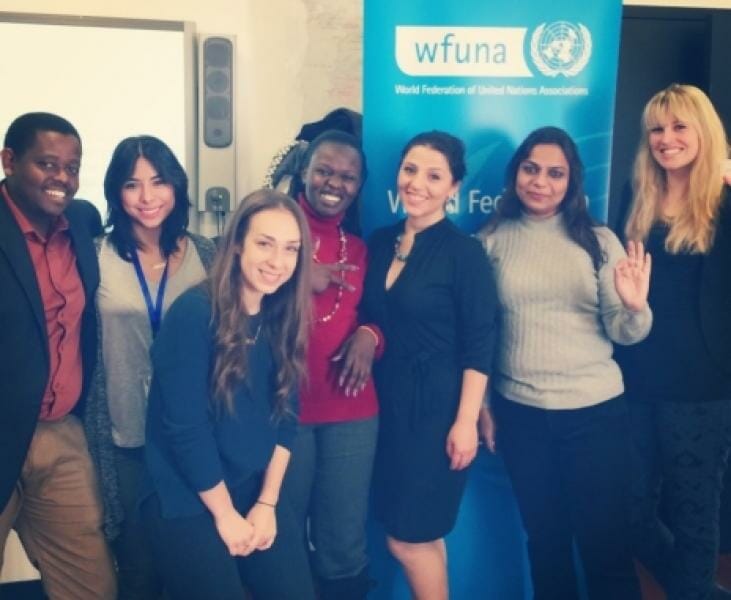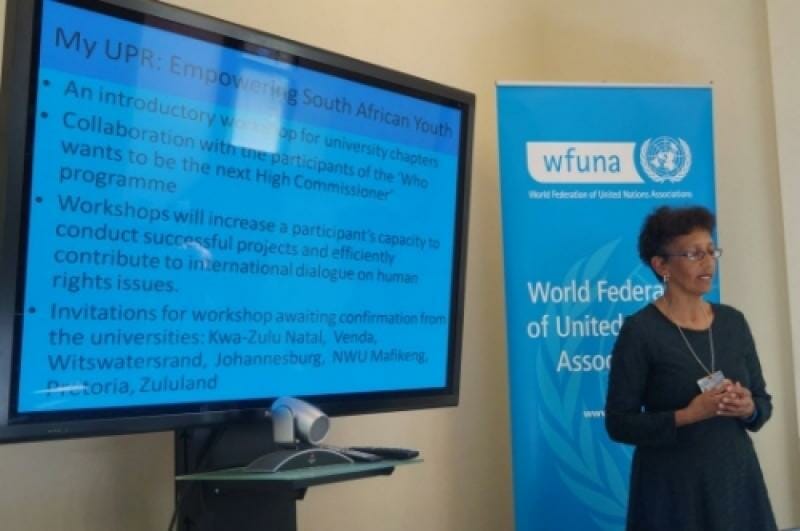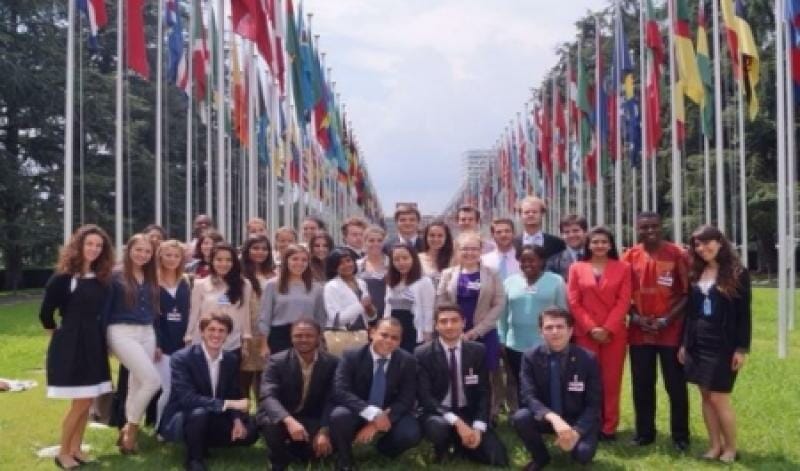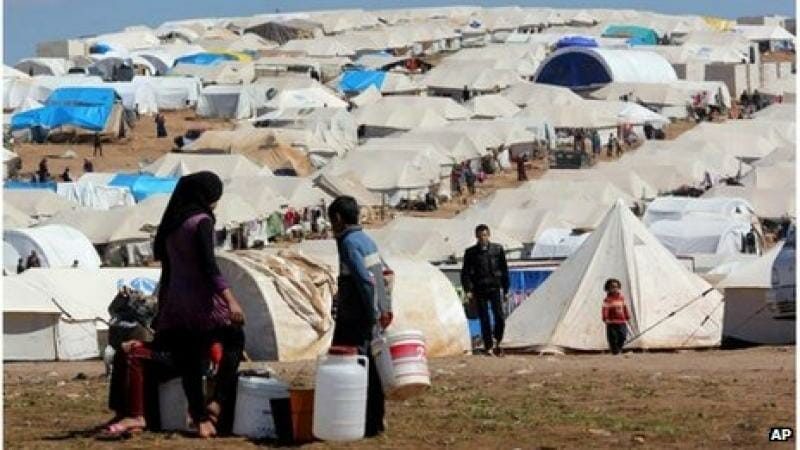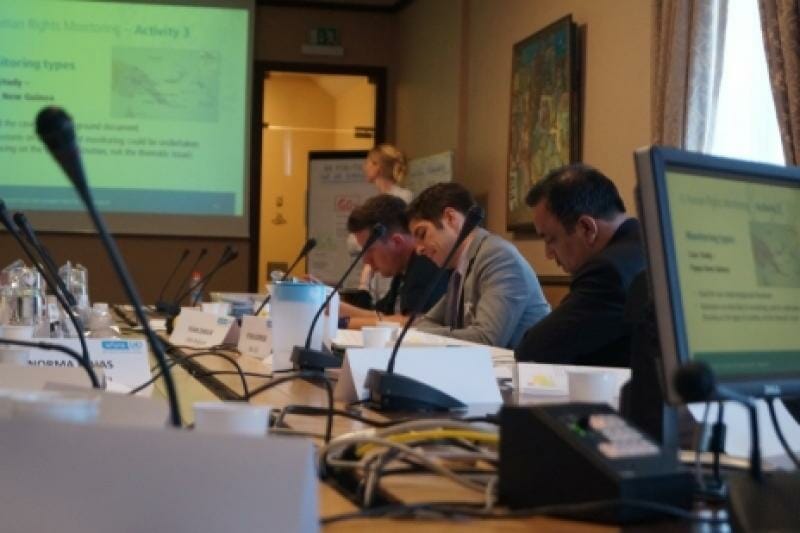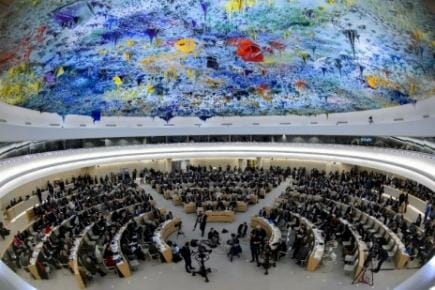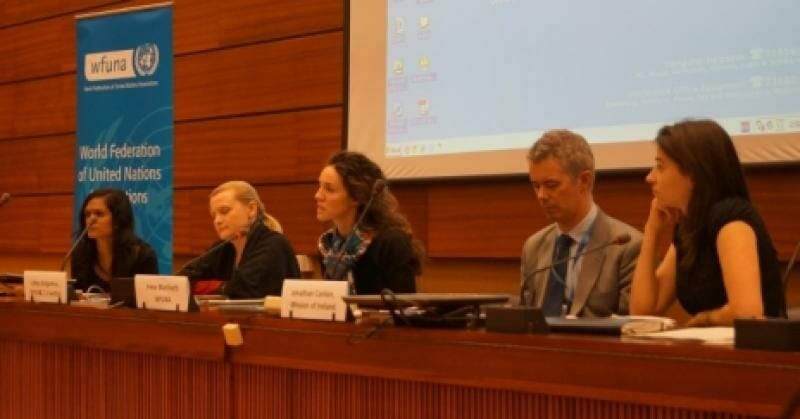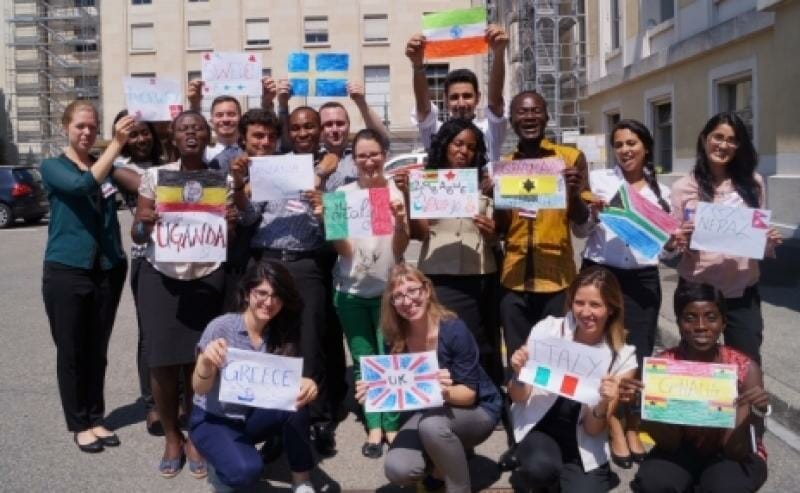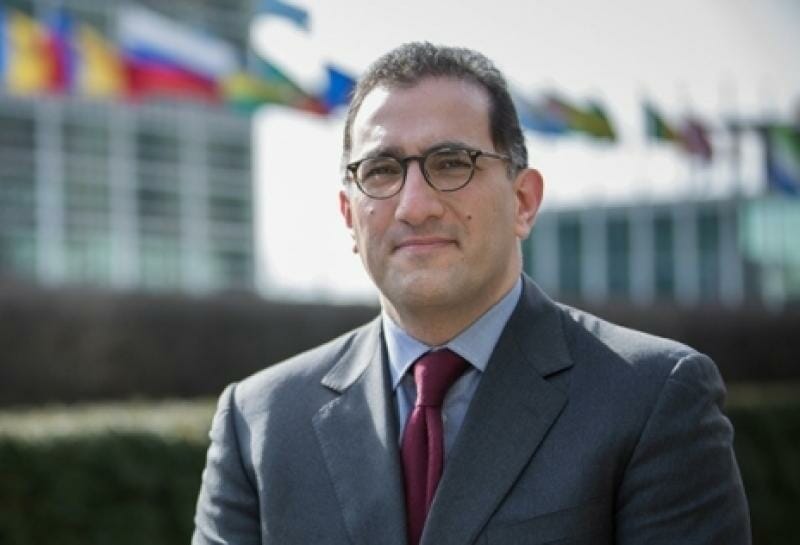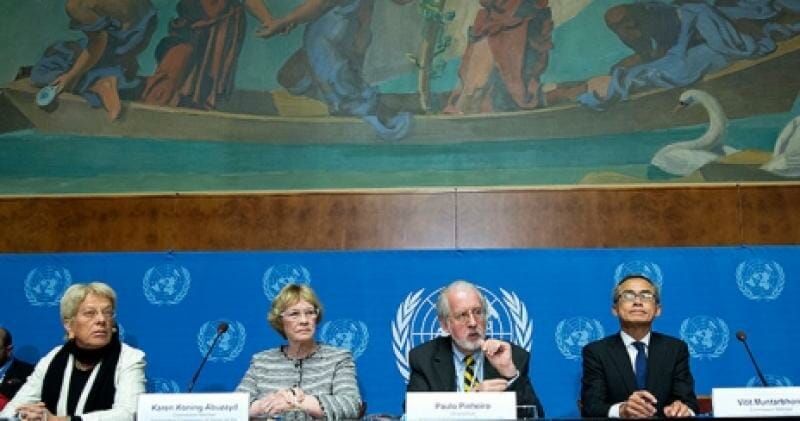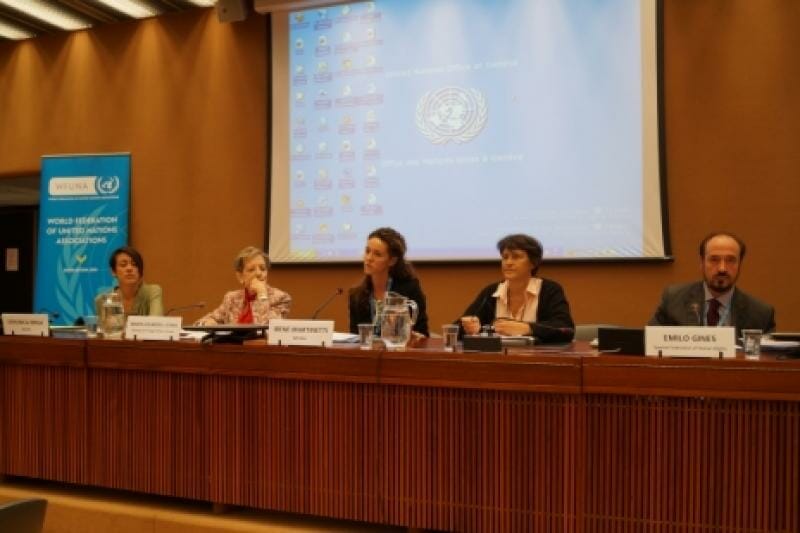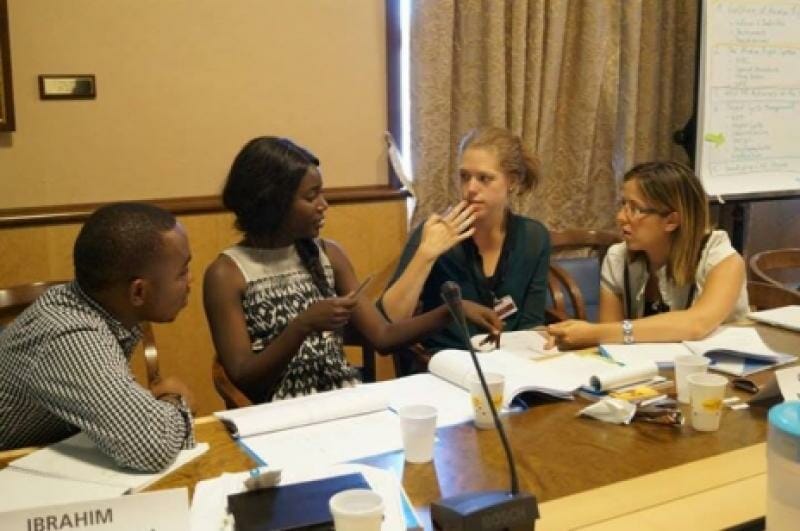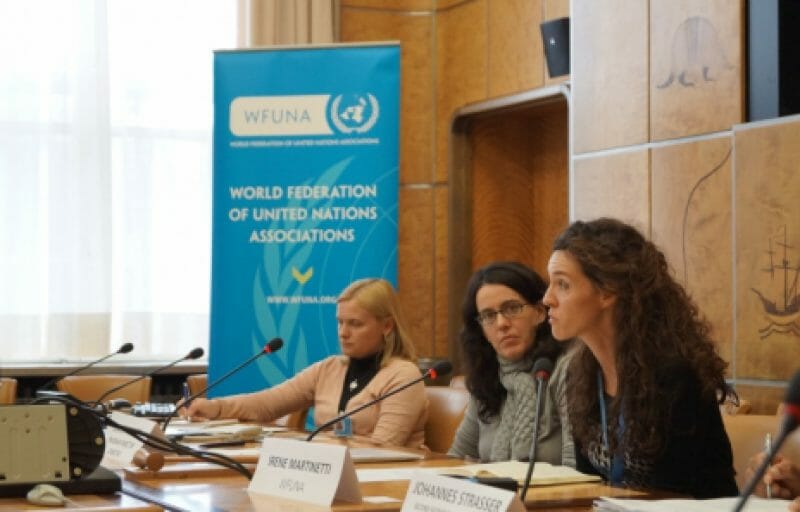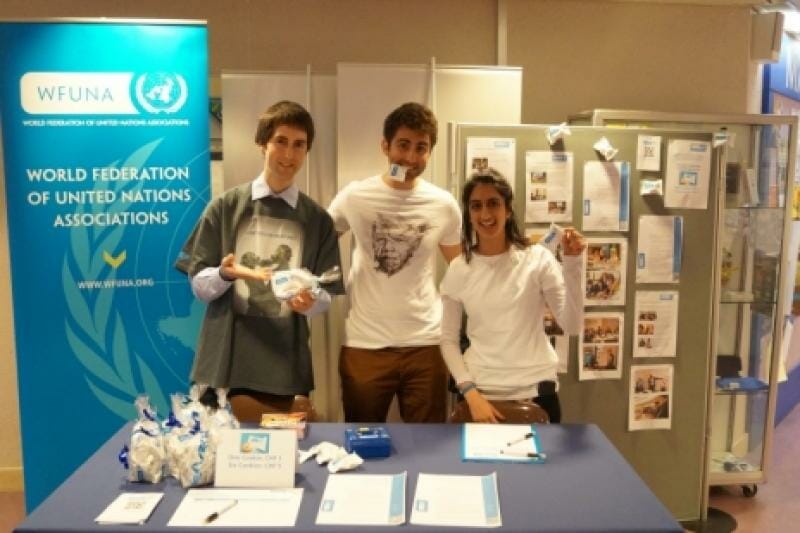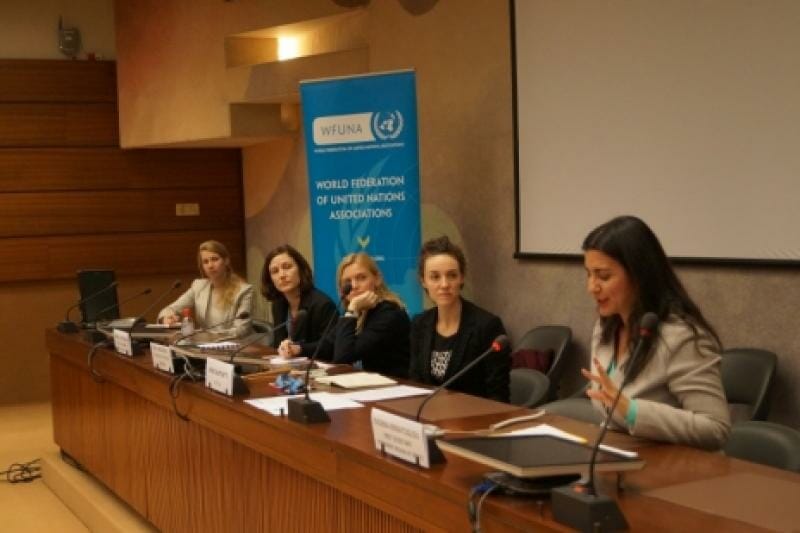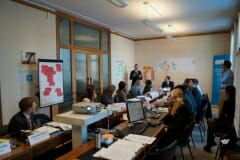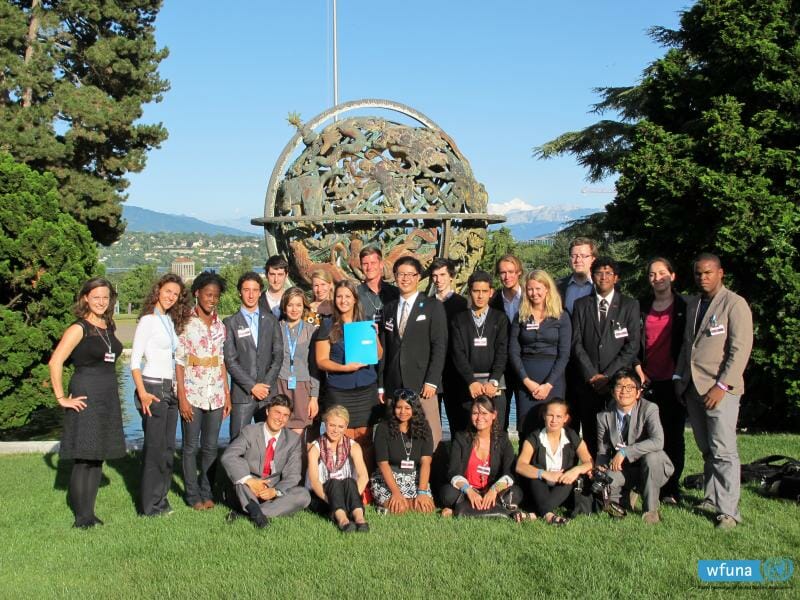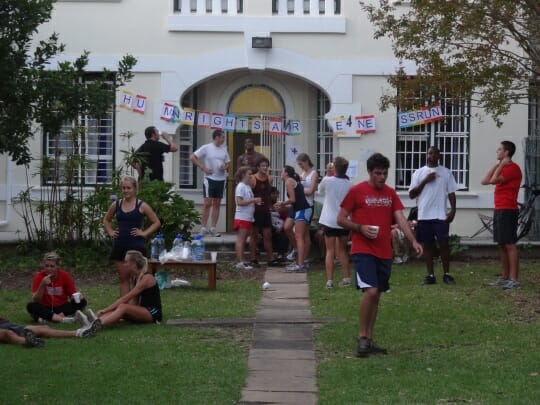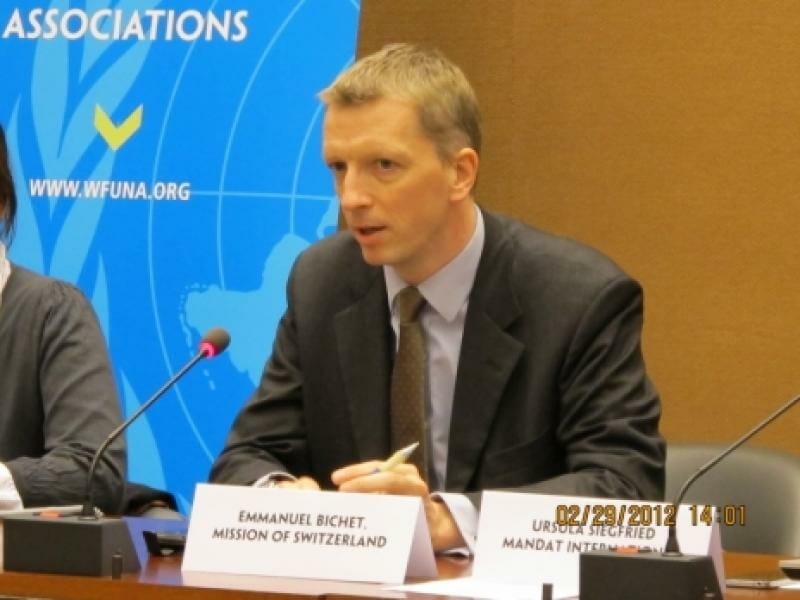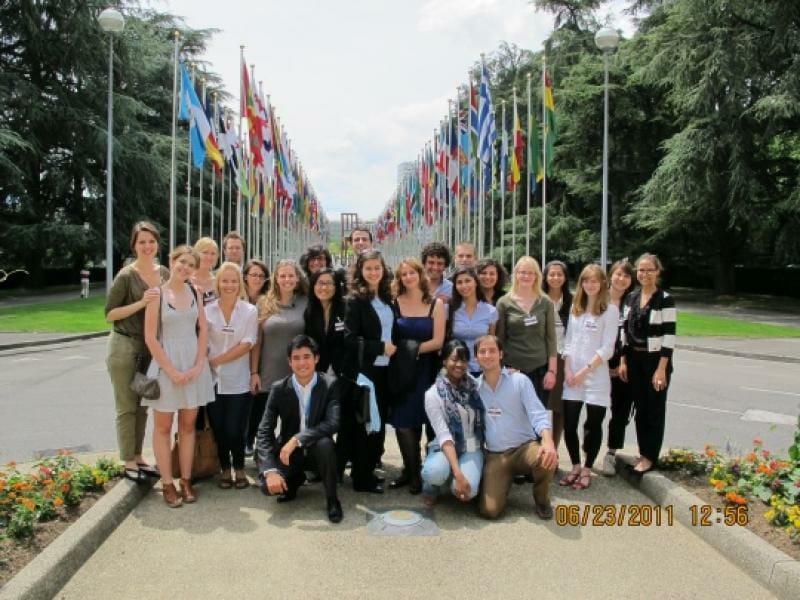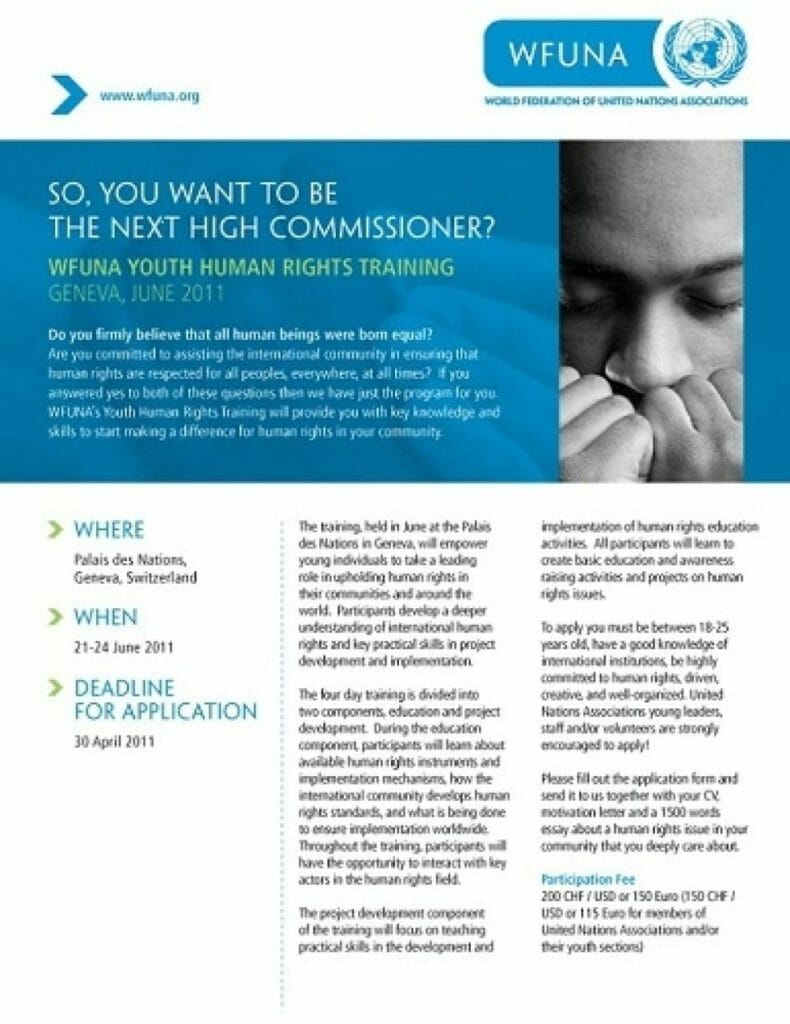FRIDAY, SEPTEMBER 30, 2016
The 33rd session of the Human Rights Council (HRC) wrapped up today! Throughout the month, the Council considered a wealth of issues: rights of Indigenous People, Youth and Human Rights, Human Rights situation in Syria, Burundi and Central African Republic.
At this session, the Council adopted 40 resolutions, 22 by consensus and 18 by vote.
Following is a selection of outcomes:
Special Rapporteur on the rights of Indigenous People
The adopted resolution A/HRC/L.23 provides for the extension of the mandate of the Special rapporteur for a period of three years to examine ways and means of overcoming existing obstacles to the full and effective protection of the rights of indigenous people, gather and exchange information from all relevant resources and stakeholders, develop a regular cooperative dialogue and formulate recommendations to prevent and remedy violations and abuses. The resolution requests the High Commissioner for Human Rights to provide for all necessary human, technical and financial assistance to the Special Rapporteur’s mandate.
Expert Mechanism on the rights of Indigenous People
The adopted resolution A/HRC/33/L.25 provides for the amendment of the mandate of the Expert Mechanism. The new Expert Mechanism shall consist of seven independent experts appointed for a three-year term. It shall: a) perform an annual study on the rights of indigenous people worldwide in view of the achievement of the goals of the Declaration, b) identify good practices and provide Member States advice and assistance for the implementation of recommendations made by treaty-bodies and during the Universal Periodic review. The resolution encourages the Expert Mechanism to cooperate with national human rights institutions and further decides that the Expert Mechanism meet annually for up to five days.
High Level Panel on Human Rights Education and Training
Ms. Gilmore, Deputy High Commissioner for Human Rights, reaffirmed the role of Human Rights Education as a crucial means of transmission of universal core values through education and recognized implications in global citizens’ daily lives. Ms. Gilmore emphasized several key points. If human rights education needs be contextualized, by addressing the realities and the specific human rights challenges people face in their lives, it must also be coupled with broader human rights strategies and institutional reforms. She welcomed the upcoming OHCHR Youth Forum on Human Rights, Democracy and the Rule of Law, and advocating for more youth events at the national and international level. She concluded that an improved international reporting and monitoring system in the area of human rights education could encourage national implementation of relevant policies through disseminating good practices and expert advice.
Annual Discussion on the integration of a Gender Perspective
In the discussion, Mr. Juan Estuesto Méndez, Special Rapporteur on Torture, explained that women and girls in prison were victims of human rights violations such as female genital mutilation, forced sterilization and sexual violence in the course of interrogation. He also mentioned the fact that women and girls in migration routes were particularly vulnerable to sexual violence. The representative of Palau asked that attention be given not only to girls but also to boys, who were dropping out of school at an alarming rate. The delegation of Libya called for an equal geographical integration of women in human rights mechanisms. According to H.E. Mr. Boudjemaa Delmi, Ambassador of Algeria, forcing the wearing of certain clothing on women was a form of violence against women. Finally, Ms. Rama Mani, Senior Research Associate at the University of Oxford and Co-founder of Rising Women Rising World, said there was progress in the world – in the representation of women in politics for example – but that violence against women who ran for elections was still present.
Commission of Inquiry on the Syria Arab Republic
The adopted resolution A/HRC/33/L.30 demands that the Syrian authorities meet their responsibility to protect the Syrian population and that all parties take all appropriate steps to protect civilians, including members of ethnic, religious and confessional communities, and stresses that, in this regard, the primary responsibility to protect the Syrian population lies with the Syrian authorities. It also reaffirms the need to reach a genuine political transition that meets the legitimate aspirations of the Syrian people for a civil, democratic and pluralistic State, where all citizens receive equal protection, regardless of gender, religion or ethnicity.
Enhanced Interactive Dialogue on Burundi
The Special Rapporteur expressed deep concern about the continuous deterioration of human rights, and the economic and humanitarian situation in Burundi. Mr. Christof Heyns considered that the international community can play an important and helpful role in preventing further deterioration of the human rights situation in Burundi by highlighting the violations and the escalation of conflict. The adopted resolution A/HRC/33/L.31 strongly condemns all violations and abuses of human rights in Burundi by all actors and in particular those involving arbitrary arrests and detentions, torture, enforced disappearances and sexual violence. The Special Rapporteur called upon the Government of Burundi to fully comply with its responsibilities and to ensure the safety and the protection of its population in respect of international law. The resolution A/HRC/33/L.31 creates a one year Commission of Inquiry to: a) conduct a thorough investigation into human rights violations and abuses in Burundi since April 2015, b) identify alleged perpetrators, c) to engage with the Burundian authorities and all other stakeholders to promote support and expertise.
Interactive Dialogue with Independent Experts on Central African Republic
The Resolution A/HRC/33/L.16 strongly condemns the violations and abuses that continue to be committed. It also welcomes the renewal of the mandate of the United Nations Multidimensional Integrated Stabilization Mission in the Central African Republic (UNMISCAR) and encourages the CAR authorities to engage resolutely in the Disarmament, Demobilization, Reintegration (DDR) process in line with a comprehensive strategy for security sector reform and requested Member States and International Organizations to provide urgent support to the CAR and funding necessary for the implementation of the DDR process.
Resolution A/HRC/33/L.16 urges the CAR authorities to implement recommendations made at the Banghi Forum on National Reconciliation, including the establishment of a truth, justice, and reparation and reconciliation commission. The adopted resolution provides for the renewal for one year of the mandate of the Independent Experts to access and report on the situation of human rights in the CAR and requested an oral update on her report on technical assistance and capacity-building in the field of inhuman rights in the CAR at its 34th session.


